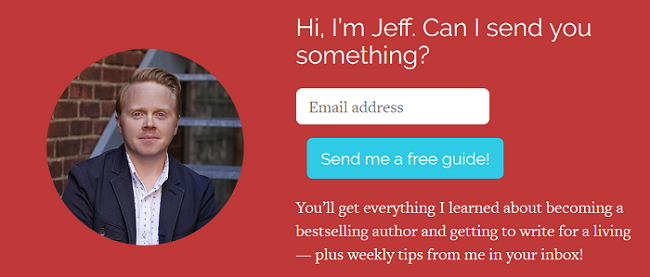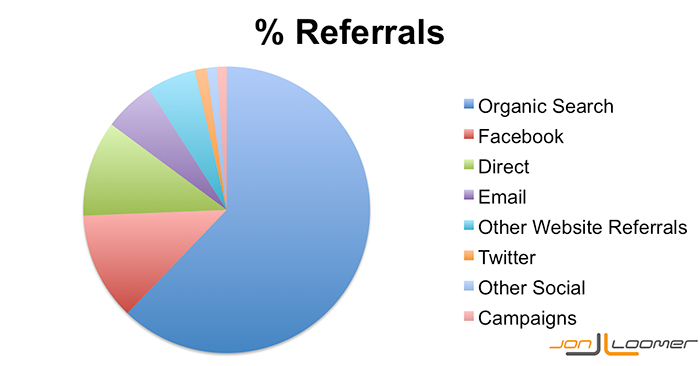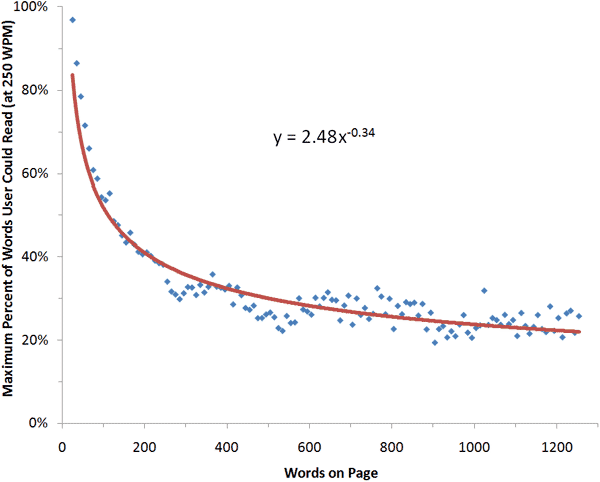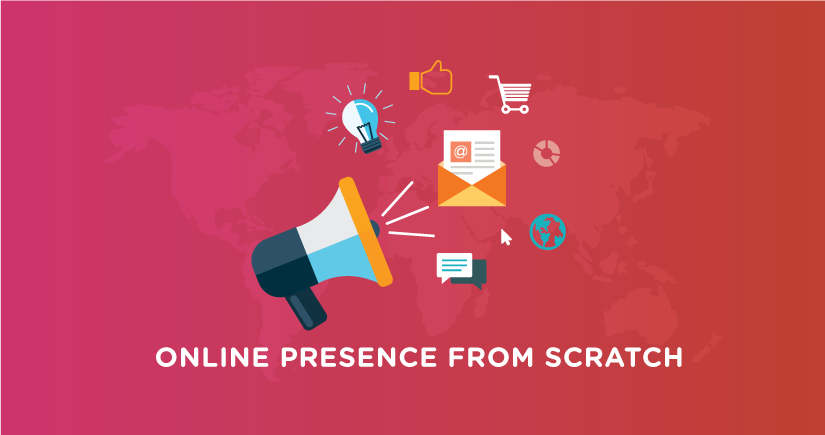Building an online presence has never been easier as it is right now.
Anyone can do it.
In fact, anyone who wants success online should do it.
Why should you create an online presence?
It’s about creating a VOICE for yourself in the sea of billions of voices online.
It separates you from others no matter what you do.
It presents you with life changing opportunities.
I’ve achieved a few things as a result of building my online presence.
I’m not there yet, but I’m building it up.
I could spend my day gaming, or wasting my time on little things that have no value. That wouldn’t have given me much opportunity. In fact, it would give me zero chance.
But when I started building an online presence, I experience growth.
My consulting services started growing (and it’s still growing).
Let’s say that you’re an employee with a decent-paying job.
Building your online presence means you don’t have to start all the way from the bottom when you start job hunting again.
Free PDF Download:
Through your presence online, you would have built some really nice connections that will provide you with countless opportunities beyond your imagination.
Or let’s say you’re a brick-and-mortar store. You’ll still need an online presence to stand out in a significant way.
The Wrong Mentality To Building An Online Presence
A lot of people have failed trying to build an online presence.
They didn’t fail because they couldn’t do it.
Most people who really tried failed because they have the wrong mentality.
They think “If I build it, they will come.”
If it’s just that easy, almost everyone would be successful building their presence online, and we would all be living our dreams.
If it’s that easy, many business owners will be very successful.
The phrase “If I build it, they will come” has become very popular since Kevin Costner’s character hears it from a mysterious voice in the movie “Field Of Dreams.”
That line may have worked for Kevin Costner’s character in Field of Dreams, but such advice can prove disastrous for a business owner, or someone who’s trying to build a presence online.
As you know, Google has a wide range of amazing products the world can’t wait to use every day.
But reports suggest that the company is likely spending up to $1 billion per year advertising its products.
Google could have sat back and wait for people to come despite the incredible products and services it offers.
Just last year, reports say that Apple spent $1.8 billion on advertising. That was a 50% increase over the year before.
My point isn’t that you have to spend money on advertising to build your online presence.
The point is that you can’t wait for people to come to you. You’ve got to go to them somehow.
What Do You Want To Achieve With Your Online Presence
You should have a goal in mind when you start building your online presence.
There should be something pushing you to the limits.
Something that keeps you up at night.
Something you can’t wait to have.
Except you are doing this as a hobby, you should have a goal.
My goal was to create more awareness for my services, and it’s been working very well.
For a company like HubSpot, their goal is to generate sales for their marketing software.
For a blogger like Jeff Goins, he uses his online presence to promote his books and online course.

Build A Rock-Solid Platform
First, what’s a platform?
“A platform is where you build your voice.”
Your own website is the best platform.
Don’t build on a rented land.
Instead, build on your own land.
Some people build their platforms on rented lands, and they lost when the land crumbled.
For example, people who built their platforms on Myspace have to start all over again when the once biggest social site failed.
The same can be said of platforms such as Blogger.com, Typepad, and Digg.
Today most rented lands are Facebook, Twitter, Instagram, Pinterest, and YouTube.
No one can predict the future. These big social sites could again crumble because we live in a fast-changing world.
For example, the Facebook organic reach has been declining in the past few years that it’s now almost zero.
You now have to pay before your Facebook fans see your posts.
Even the Facebook marketing expert, Jon Loomer isn’t putting all his eggs in the Facebook basket.
Currently, Jon receives traffic from a variety of sources.

Here’s is the breakdown of his traffic referrals for a three-month period:
- Organic Search: 62.17%
- Facebook: 12.19%
- Direct: 10.80%
- Email: 5.74%
- Other Website Referrals: 5.52%
- Twitter: 1.34%
- Other Social: 1.16%
- Campaigns: 1.08%
Facebook, his 2nd biggest traffic driver, only sends 12% of his total traffic.
And while organic search makes up 62% of his traffic, he’s actively working hard to bring it down.
Here’s what he has to say about this:
“As you can see, Organic Search is by far my biggest traffic driver. Of course, Google makes up almost all of that number.
While such a high percentage makes me nervous, this is actually down from being over 80% not long ago. And actually, the most recent 30 day period has organic search just under 60%.”—Jon Loomer
The point here is that your online presence should never rely on one traffic source. It shouldn’t depend on the success of just one thing.
When you let others dictates the future of your online presence, it means that it’s not rock solid.
Getting your own domain name which costs less than $15 and hosting it with a web host which costs less than $4 per month should put you on the safe side.
With your own website, you have 100% freedom to do whatever you like as long as you are not breaking any government rules.
But when you build your platform on a rented property, there are limits to what you can do.
For example, you may not be allowed to even monetize your platform like putting affiliate links on it.
You also don’t control what shows up within or beside your content.
When you build on Facebook, for example, they could be displaying ads of a direct competitor. That steals valuable attention and fans from you.
But with your own website, such thing would never happen. You have the freedom to design your website as you like and put whatever you like around it.
With this point, note that I’m not saying that platforms such as YouTube, Facebook and Twitter are useless.
These platforms are indispensable, and you’ll need them in your quest to building a solid web presence. They are not just the place you should call your web home.
You can have a better home, and that is your own website which wouldn’t cost you more than $100 to set-up.
Write For The Web
The web is a different place.
People read differently online than they do when they read print materials.
Web users typically scan for information.
In a study of online reading behavior, Jakob Nielsen found that “on the average webpage, users have time to read at most 28% of the words during an average visit; 20% is more likely.”
The following chart shows the maximum amount of text users could read during an average visit to pages with different word counts:

People come to your website with a specific goal in mind. It could be to learn something important on the topic you write on your site.
Therefore, when writing contents for your site, keep that users’ goal in mind.
Your first paragraphs should quickly tell them if they will find what they are looking for on your page.
If it doesn’t look like they’ll be getting what they came for on your site within a few seconds, they’ll leave.
So writing for the web means getting straight to the point.
If your first paragraphs are filled with ramblings and information that matter less to web readers, they’ll be unconvinced to continue reading your web page.
Here are the tips I keep in mind when writing for the web:
- Use the words your users use. By using keywords that your users use, it immediately tells them that your content is relevant to their needs.
- Chunk your content. Make your content scannable by breaking it down into several sub-headings.
- Front-load the important information. The most important and exciting point of your content should always appear first. This strategy is very common in journalism, but it also works when writing for the web.
- Use pronouns. Address the reader by using the word “you.” It tells them you’re talking to them. It makes your content looks like a discussion between close friends at a coffee joint.
- Use active voice. Active voice adds a lot of power to your content. Passive voice weakens your message. Which is better between “I will clean the house every Saturday” (active) and “The house will be cleaned by me every Saturday” (passive)?
- Use short sentences and paragraphs. Short paragraphs are more fun to read than long paragraphs. Long paragraphs are boring and annoying. There’s no place to pause or rest between long paragraphs.
- Use bullets and numbered lists. See what I’m doing? I’m using a bullet list here. It’s easy to quickly get the points out of a bullet list. In other words, bullet and numbered lists are scannable.
- Use clear headlines. Your headlines should tell readers what to expect from your article, and should be written in simple words. Don’t use the word “colossal” when “huge” will do.
- Use images, diagrams, or multimedia to visually represent ideas in the content. Various studies show that web readers like videos and images.
- Use white space. A white space and background are very important because they promote readability on the web. Lots of white space give the eyes enough places to rest.
Show Up Everywhere
Here’s the reason why many people who want to build a presence online won’t succeed:
They are not willing to do what it takes which is showing up everywhere their target readers hang out online.
People like Gary Vaynerchuk, Neil Patel, and Larry Kim are everywhere on the web.
No wonder they’ve been able to build successful businesses on the web.
Their secret is not a secret at all.
It’s purely hard work.
The problem is that not everyone is willing to work that hard.
Showing up everywhere may look like spreading yourself too thin, but big and extraordinary rewards require great effort. That’s what makes the difference in today’s competitive world.
You need more than one traffic source to make your name really stick with web readers.
When a web user lands on your website through organic search, that same person is active on other channels too.
So assuming that a user comes to your website and leave, and go to Facebook where they see a competitor of yours, they may decide to go with that competitor.
But when a web user comes across you Facebook, Twitter, YouTube, Instagram, and your website, your name and brand will stick in their minds. You’ll win their hearts, and they are yours for life.
Provide Value On A Consistent Basis
Value is what sells online.
Delivering consistent value is one of the simplest, yet most under-utilized ways to build trust and loyalty in your audience.
Being consistent with creating valuable content that serves your audience takes a lot of planning, researching, listening – and above all, it takes time.
It requires that you make sacrifices and that you stretch yourself – challenge yourself to do things that, yesterday, you might have not even thought were possible.
No wonder people don’t just do it.
For a content to be considered valuable, first, it needs to be original.
There’s a time when Ezinearticles used to be in the top Google rankings.
Well, you don’t see them anymore, and that isn’t an accident.
Their contents contained a lot of low-quality and rehashed information that add no value to the lives of web users.
Mahalo is another big site that suffered because of this.
To build a great online presence, your content must be extremely unique.
Your content should also be engaging and thought-provoking to be considered valuable.
Does it leave readers with questions?
This doesn’t mean to have an incomplete post, but rather to include questions that make readers reflect on how they can implement the knowledge you provided.
Does it tell real stories?
People love reading stories.
Writing your personal stories is one of the quickest ways to make people love you.
Building an online presence from scratch don’t have to be hard.
Here are the things you have to do:
- Get the right mentality
- Set your goals
- Create a rock-solid platform
- Learn how to write for the web
- Show up everywhere
- Provide value on a consistent basis
Free PDF Download:
Thank you for reading, and please share this article with your friends on social media.
Related articles: how to grow your ecommerce store, online marketing resources, growth hacking strategies, how to compete with big companies

